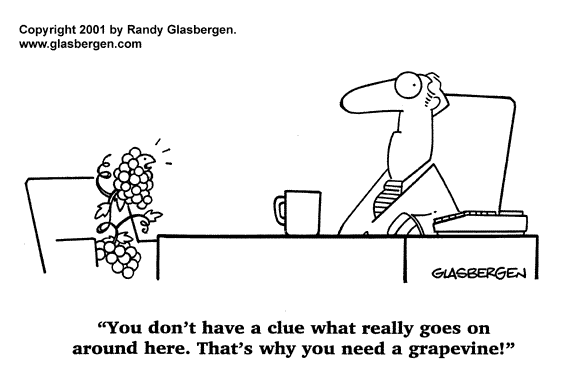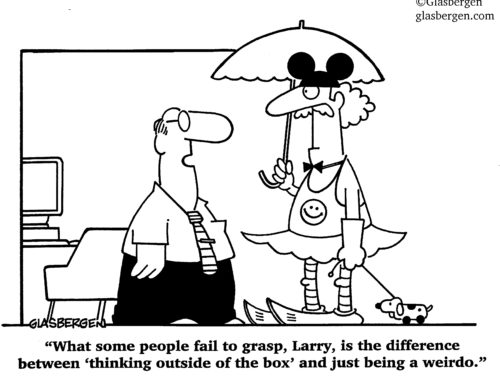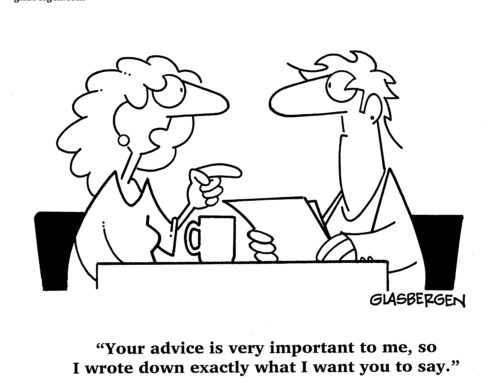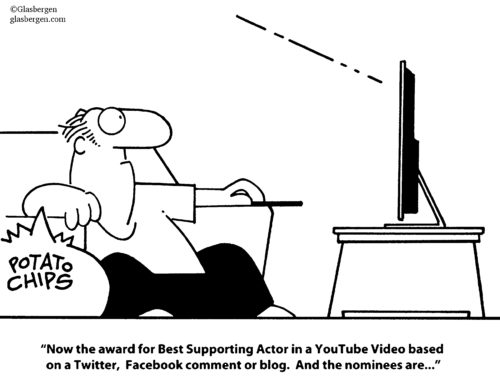Have you ever heard the old saying, ‘knowledge is power’? According to Wikipedia, it is commonly attributed to Sir Francis Bacon. The expression “ipsa scientia potestas est” (‘knowledge itself is power‘) occurs in Bacon’s Meditationes Sacrae (1597).”
Without doubt, knowledge gives us the power to do amazing things, but its power can also be used in a negative way to control and manipulate others.The motives for withholding information can vary enormously – from not seeing the need for others to know something, to deliberately trying to make life more difficult for people – but whatever the motive, controlling information can have consequences.
Gossip and rumours are often epidemic where information is not freely shared – it’s human nature to be curious and to try to make sense of what we see or hear. That can easily turn into ‘Chinese whispers’ if the facts are not readily available. Worse still, an ‘atmosphere’ can develop where secretiveness leads to suspicion and mistrust or where serious mistakes are made due to lack of knowledge.
Openness and approachability are key values in today’s society. Sharing information and knowledge – as long as it’s not confidential – empowers and includes others, enabling collaboration and mutual respect. A number of well-informed heads can accomplish more than one ill-informed head!



